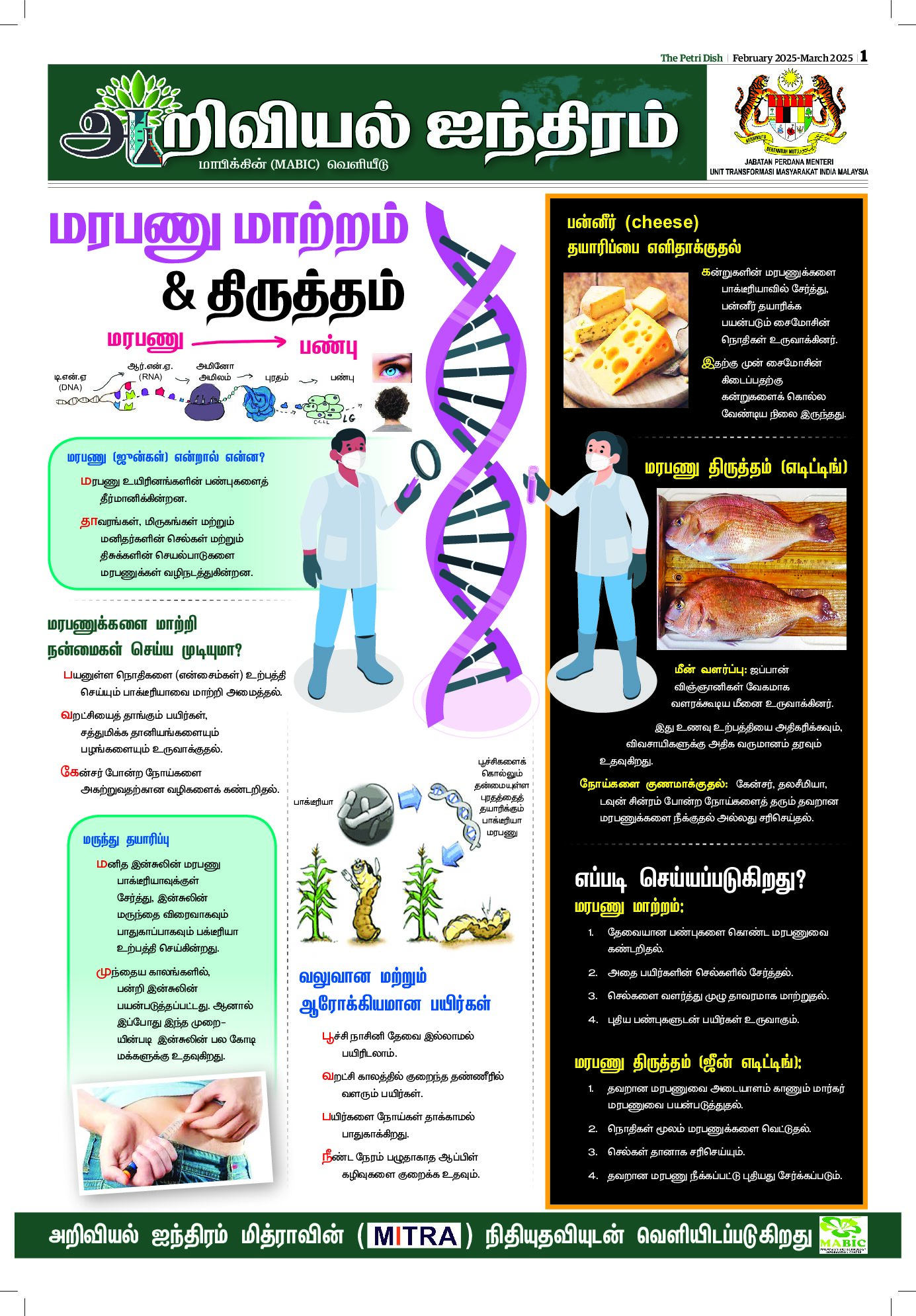
KUALA LUMPUR: Responding to the call to action after the Global Methane Pledge, countries have started looking into their Liquefied Natural Gas (LNG) value chain to reduce methane emissions.
“Methane leakage is a major problem in the energy sector and reducing methane emissions offers significant benefits to climate change, public health, agricultural productivity, and avoids oil and gas wasted resources,” said Matthew Baldwin, Deputy Director-General for Energy, European Commission during the panel discussion, “Tackling Methane Emissions from Gas and LNG Value Chains”.
The panel discussion took place at the European Union-Indo-Pacific Regional Energy Conference, on Feb 22. The conference was organised by the European Union in the framework of its Strategy for Cooperation in the Indo-Pacific.
The general consensus among the panelists was that there is a critical need to curb energy related methane emissions while more precisely measuring them across the whole LNG value chain. This can benefit both importing and exporting LNG countries.
“Concerted global action using existing technologies can cut methane emissions by 50% and global warming by 30% by 2030,” said Dr Shareen Yawanarajah, Director, Energy Transition, Environmental Defense Fund.
Shareen also described methane emissions as a waste of energy, and a loss of commercial opportunity. Methane has the potential to be captured and sold which relieves current gas market pressures, price supply and adds revenue.
“Globally the gas industry emits an estimated 260 billion cubic meter (bcm) of methane and about 200bcm can be captured. This is according to International Energy Agency (IEA). In Malaysia, the IEA estimates between 0.7bcm to 2bcm of wasted methane emitted through flaring, venting and leaks.”
“This is a sizeable volume of gas that should be monetised and added to domestic revenue,” pointed out Shareen.
“We are still in the midst of transition from fossil fuels to renewable energy. Fossil fuels will continue to play an important role in meeting the energy demand of Asia and Africa. The gas supply situation is projected to meet heights in the next few years. Shortages in gas supply causes significant volatility in electricity markets around the world and also contributes to inflationary pressures,” noted Leow Lay May from Singapore’s Ministry of Energy and Trade.
“The European Commission has proposed a new legal act which will introduce concrete methane emission measurements, reporting and verification standards in the EU energy sector, after it is adopted and implemented. The legislation calls for a reduction of emissions through leak detection, repair and a ban on venting and flaring,” highlighted Baldwin who moderated the panel discussion.
Three main sources of methane emissions from the oil and gas industry are venting, flaring and leaks.
“The Methane Alert and Response System (MARS) is a new initiative launched at COP 27 to scale up global efforts to detect and act on major emissions sources in a transparent manner and accelerate implementation of the Global Methane Pledge. It will use state-of -the- art satellite data to identify major emission events, notify relevant stakeholders, and support and track mitigation progress,” said Andreas Piebalgs from International Methane Emissions Observatory (IMEO).
Charlotte Wolff-Byer, Chief Sustainability Officer of Petronas listed five concerns that gravitate around the urgency of addressing methane emissions, which are; safety, climate change, natural gas as an important source of energy, alignment with government’s climate commitments and maximise value through monetisation of flare and vented gas.
“Petronas is committed to achieving its 50% reduction target in methane emissions by 2025 from its groupwide natural gas value chain,” she said.









